What we see often is only a fractional part of what it really is
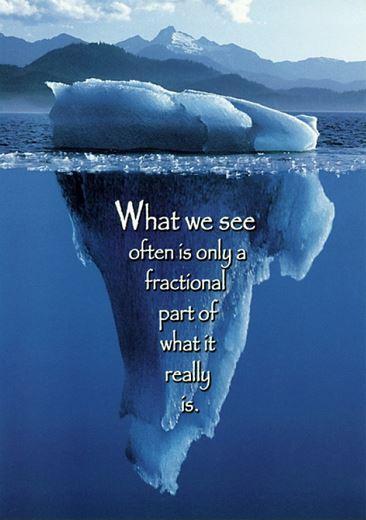
What we see often is only a fractional part of what it really is
Deception words are a powerful tool used by individuals to manipulate others and control situations. They can be used to distort reality, create false impressions, and ultimately deceive those around them. One common aspect of deception words is that what we see or hear is often only a fractional part of what is really going on.When someone uses deception words, they are intentionally choosing their words carefully to mislead or deceive others. This can be done through exaggeration, omission, or outright lies. For example, a person may use words that make a situation seem better or worse than it actually is in order to manipulate others into acting a certain way.
In many cases, what we see or hear is only a small part of the truth. Deception words can be used to create a false narrative that distorts reality and leads others to believe something that is not true. This can have serious consequences, especially when it comes to important decisions or relationships.
One common example of deception words is when someone uses flattery to manipulate others. By using compliments or praise, a person can make someone feel good about themselves and more likely to agree to their requests. However, this flattery may be insincere and used solely to deceive the other person.
Another example of deception words is when someone uses vague or ambiguous language to avoid giving a straight answer. By being evasive or unclear, a person can manipulate others into believing something that may not be true. This can be especially dangerous in situations where clarity and honesty are crucial.

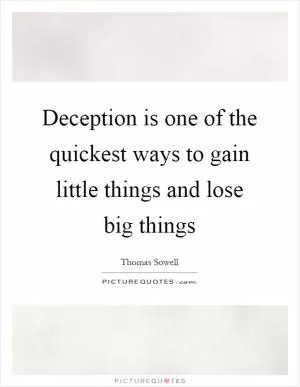




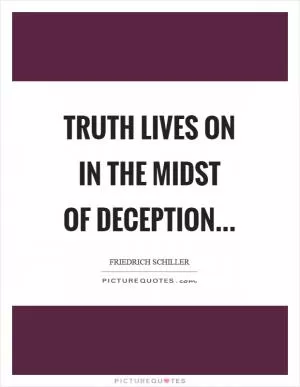
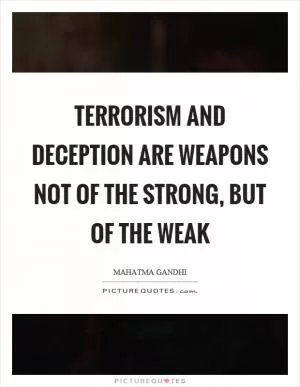
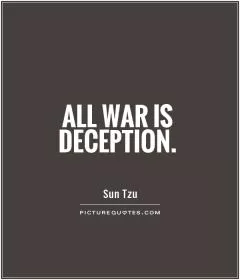

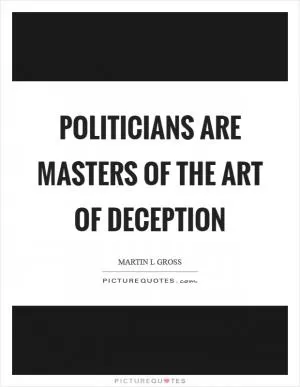
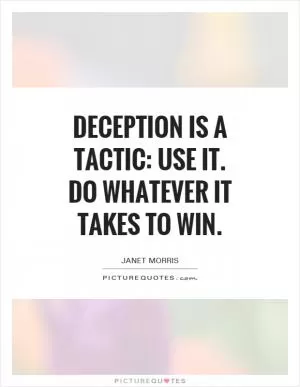
 Friendship Quotes
Friendship Quotes Love Quotes
Love Quotes Life Quotes
Life Quotes Funny Quotes
Funny Quotes Motivational Quotes
Motivational Quotes Inspirational Quotes
Inspirational Quotes